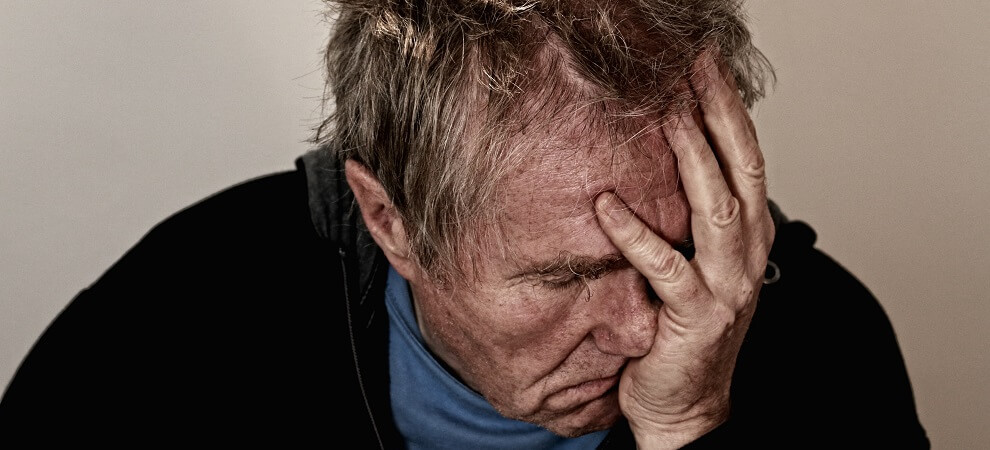Recent years have seen a 40% increase in elder abuse in Ireland. Here at LifeConnect24, we strongly condemn this behaviour and believe in protecting the dignity and wellbeing of elderly people. As a result, we have put together this guide. We will look at what elder abuse is, what it might look like, and how to report it.
What is Elder Abuse?
Elder abuse is defined as an action, behaviour, or lack of action resulting in harm or distress to an elderly person. Under this definition, an elderly person is anyone over 65.
The mistreatment of elders can occur at home, in care homes, or even in hospital. Sometimes elder abuse is carried out by family members. Other times it can be complete strangers or even the people we trust to provide care. Most perpetrators of elder abuse are male, and most victims are female.
The following list looks at five examples of elder abuse.
1. Physical Abuse
This is one of the more obvious signs of elder abuse. Abuse of this kind takes the form of hitting, pushing, and slapping. Inappropriate restraint also counts as physical abuse. Because many elderly people do not want to be seen as weak, they refuse to speak up about physical abuse. It could also be that they fear repercussions from their abuser.
2. Psychological Abuse
Intimidation, humiliation, harassment, and forced isolation all count as psychological abuse. So does emotional abuse. Psychological abuse can often make an elderly person feel unsafe in their own home.
3. Financial Exploitation
Elderly people can struggle to keep up with the demands of everyday living. Therefore, they may be vulnerable to manipulation. Family or friends may put pressure on them to be included in a will; money may mysteriously disappear from the elderly person’s bank account.
4. Neglect
If a caregiver fails or refuses to address the needs of the elderly person, this is neglect. It may involve withholding medication, refusing to take them to a doctor, or failing to help them go to bed at night. Where an elderly person requires support, they should receive it. Sometimes neglect can lead to abandonment, which can be particularly dangerous for elderly people with health problems.
5. Sexual Abuse
Any sexual act that the elderly person has not consented to is considered sexual abuse. This includes forcing them to take unclothed photographs or making them watch sexual acts. The latter includes pornographic videos.
Signs of Elder Abuse
There are several ways to identify whether an elderly person is being abused. Some are, naturally, more obvious than others. An unexplained injury, or bruises not attributed to falls, are clear signs of physical abuse. Sometimes they may flinch at a raised hand, even if it is only a wave.
A loss of self-esteem may be another sign of abuse. Individuals who are being abused may believe it is because they are weak. In some ways, they may believe they deserve it. Furthermore, you may notice that the elderly person begins to struggle to look after themselves. They may also find that it becomes harder to meet financial obligations.
Other elderly people may become aggressive towards people who are trying to help. They may begin to distrust others. In some cases, the elderly person may suddenly break down in tears for no apparent reason. These are all signs of elder abuse.
How to Report Elder Abuse
If you are worried that an elderly person is being abused, you should contact you local safeguarding team. They will be able to investigate and help protect the elderly individual. Another option is to contact the Health and Safety Executive (HSE). They can give you advice on how to protect the vulnerable individual.
If the elderly person is in immediate danger, you should contact the Garda Siochana or Emergency Services on 999 or 112.
Lifeline Alarms for the Elderly
A great way to keep elderly people safe is to invest in a Lifeline Alarm. Our 24/7 Monitoring Team can be reached at any time. All it takes is the press of a button.
Our alarm systems have been accredited by the Telecare Services Authority, so you know you are in safe hands. When you press the button on your MyAmie Pendant you will be put in touch with our team. They will then ask what support is required and alert emergency contacts. Sometimes they may call the emergency services.
For an individual experiencing elder abuse, this service may be a lifesaver.
To find out more about our personal alarms, fill out our quick form. Alternatively, why not call our friendly team on 1 800 937543. They will answer any questions you may have.
Editor’s Note: This article was updated on 25th August 2022 to reflect current information.





